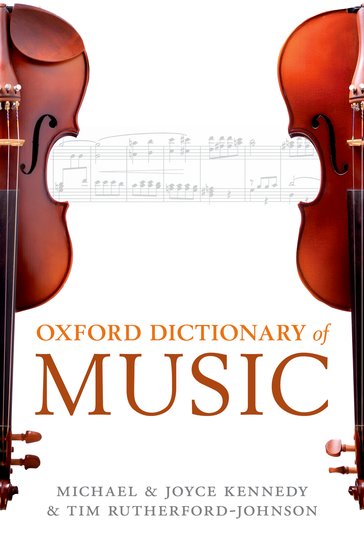Monthly etymology gleanings, part 2, September 2012
By Anatoly Liberman
Last week’s “gleanings” were devoted to spelling and ended with the promise to address the other questions in the next installment. But, since the previous part inspired some comments, I will briefly return to Spelling Reform. One of the questions was: “Who needs the reform?” Everybody does. At present, children spend hours learning “hieroglyphs” like chair, choir, character, ache, douche, weird, pierce, any and many versus Annie and manly, live (verb) versus live (adjective), and hundreds of others.



